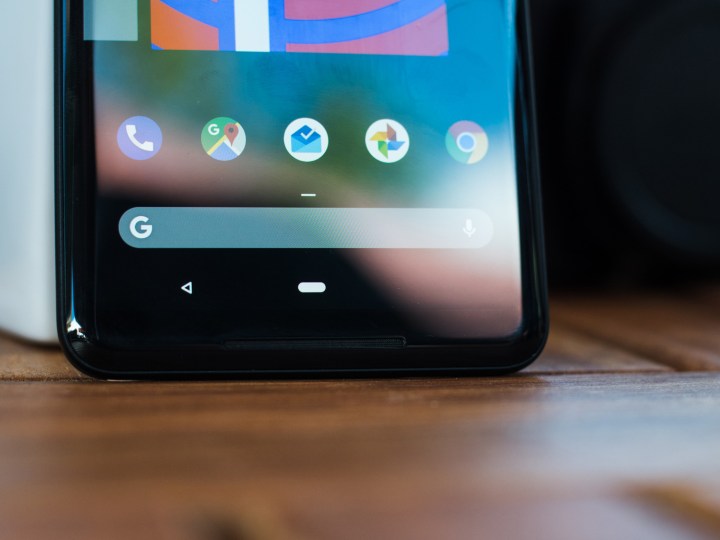
Google must let Android users in Europe choose their default search engine app and web browser, as a measure to rectify one of the violations in the European Union’s antitrust case and subsequent $5 billion fine against the search engine giant.
Naturally, Google’s found a way to profit from and tax its competitors.
Set to be implemented by early 2020, the new setup process for Android devices in the EU will include three choices for search engines and web browsers in addition to Google’s own. These options will vary by region and the corresponding apps will be automatically downloaded upon the device owner’s selection.
But Google is taking bids from smaller, competing search engines, selecting those that will pay the highest premium when a user chooses them over Google’s search service. Although Google can profit from this, it’s still satisfying the EU’s requests for competition.

“The decision provides rival search providers the possibility to strike exclusive pre-installation deals with smartphone and tablet manufacturers,” a spokesperson for the EU’s Competitive Commission told Digital Trends. “This was not possible before. We will be closely monitoring the implementation of the choice screen mechanism, including listening to relevant feedback from the market, in particular in relation to the presentation and mechanics of the choice screen, and to the selection mechanism of rival search providers. The commission is committed to a full and effective implementation of the decision.”
When asked specifically if Google’s implementation is violating any antitrust laws, the spokesperson said the commission has “no other comment in this regard at this point.”
In 2016, the EU leveled an antitrust case against the company, deeming a number of Google’s practices surrounding the Android operating system as monopolistic and anti-competitive. Among the issues raised were Google forcing companies using
Margrethe Vestager, European Commissioner for Competition, said these practices “cemented the dominance of its search engine,” which holds 88% of the global search market share as of April 2019, according to Statista.com.
Android consumers in the EU should see this choice screen appearing in devices by early 2020.



